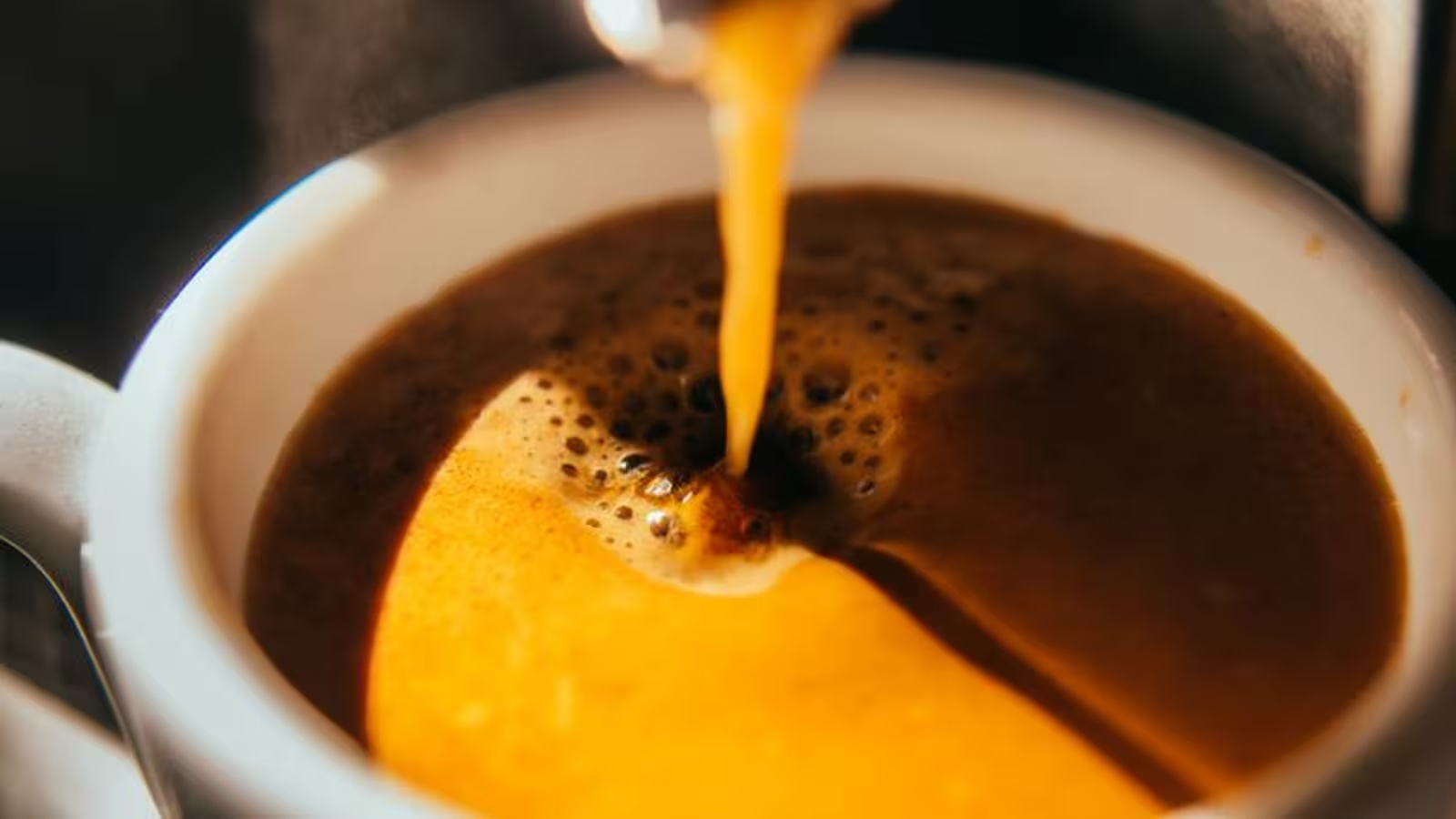4 Minutes
Background: The Science of Coffee and Caffeine
Coffee is a daily ritual for billions around the globe, renowned for its rich flavor and its famously energizing effect, primarily attributed to caffeine. With more than two billion cups consumed worldwide every day, research into the physiological and psychological impacts of coffee—both regular and decaffeinated—remains a key focus in nutritional science and neurobiology. While caffeine is well-known for stimulating the central nervous system, enhancing alertness, and reducing reaction time, scientists are now examining whether the ritual of coffee drinking itself may play an equally significant role in influencing our cognitive performance.
The Study: Decoding the Cognitive and Physiological Effects of Caffeinated and Decaf Coffee
A recent investigation by researchers from leading institutions in Slovenia and the Netherlands set out to untangle the effects of coffee consumption on the brain and body, distinguishing between the impacts of caffeine and the potential influence of expectation or habit. The research team recruited 20 healthy university students who were habitual coffee drinkers—meaning they regularly consumed one to three cups per day. Prior to participating, volunteers abstained from coffee for 8-11 hours and fasted for two hours, ensuring that their baseline cognitive and physiological status was not influenced by recent caffeine intake.
Experimental Design
Upon arrival at the laboratory, each participant underwent baseline measurements, including electroencephalogram (EEG) scans to assess brain activity and cardiovascular monitoring for blood pressure and heart rate at rest. To assess cognitive abilities and processing speed, participants first completed a mental arithmetic test and an auditory "oddball" task—a well-established method for measuring reaction time.
Following these baselines, participants were randomly divided into two groups. One group received decaffeinated coffee (serving as the placebo group), while the other received the same decaf coffee with supplemental caffeine (6 mg of caffeine per kilogram of body weight). After drinking their assigned beverages, participants rested for 30 minutes before repeating the physiological and cognitive assessments.
Key Findings: The Placebo Effect of Coffee
The results were striking. Both groups—those who consumed caffeinated and decaffeinated coffee—showed similar changes in physiological measurements. Both experienced elevated blood pressure and reduced heart rates after coffee consumption, effects typical for regular coffee drinkers. Researchers were surprised by how closely the cardiovascular responses of the decaf and caffeinated groups mirrored each other.
In terms of cognitive performance, neither group exhibited significant improvement in mental arithmetic tasks. However, both sets of participants demonstrated faster reaction times in the auditory task following coffee consumption. While this effect reached statistical significance only in the caffeinated group, the decaf group's improvement suggests that the act of drinking coffee—regardless of caffeine content—may prime the brain for heightened alertness, likely through habituation and expectation.
"Anticipation plays a significant role, where participants expecting caffeine often experience similar cognitive and performance improvements regardless of whether they consume caffeine or a placebo," the authors explained in their published findings. Moreover, EEG data revealed increased brain wave activity related to cognitive processing during these tests, an effect observed more strongly—but not exclusively—in the caffeine group.
Implications: Rethinking Coffee's Morning Power
This research points to a broader phenomenon in neuroscience and behavioral psychology known as the placebo effect. For habitual drinkers, the belief or expectation that coffee will bring alertness seems to elicit real, measurable physiological and cognitive responses—even when the drink is decaf. These observations extend previous findings that simply smelling coffee can trigger reduced reaction times in seasoned coffee consumers.
The study’s conclusions challenge the notion that caffeine is solely responsible for coffee’s energizing effects, offering hope to those seeking to reduce their caffeine intake for reasons such as anxiety or insomnia. As the authors note, "Stimuli that closely mimic coffee can produce cognitive and physiological responses markedly similar to those of real coffee."
Conclusion
The latest research highlights that the iconic morning pick-me-up may owe just as much to ritual and expectation as it does to chemistry. For regular coffee lovers, the familiar aroma, taste, and routine can elicit benefits comparable to the effects of caffeine itself. These findings open up exciting possibilities for future studies on the power of placebo and conditioned responses in everyday life, as well as the development of lower-caffeine alternatives for health-conscious consumers. Ultimately, your daily cup—even decaf—might be giving you more than just comfort; it could be unlocking your brain’s built-in wake-up call.
This research was published in Heliyon.


Comments